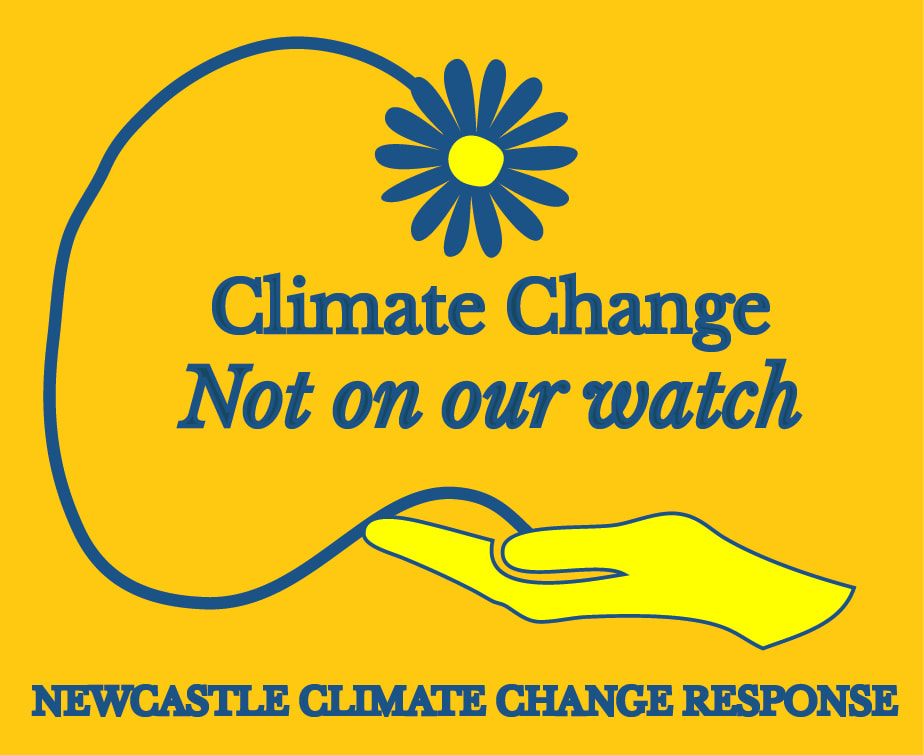Focus on Climate Mitigation rather than Climate Adaptation The total burden of climate change consists of three elements: the costs of mitigation (reducing the extent of climate change), the costs of adaptation (reducing the impact of change) and the residual impacts that can be neither mitigated nor adapted to (Fankhauser, 2009).
Climate Mitigation involves making the impacts of climate change less severe by preventing or reducing the emission of greenhouse gases (GHG) into the atmosphere. This is either by reducing the sources of these gases such as replacing fossil fuel combustion with renewable energy production or by enhancing the storage of these gases such as increasing the size of forests (European Environment Agency, n.d.). Climate Adaptation is the process of adjusting to the current and future effects of climate change such as anticipating the adverse effects of climate change and taking appropriate action to prevent or minimise the damage they can cause (European Environment Agency, n.d.). For the purposes of the argument and clarity, responses such as migration, relocation and resettlement are included with climate adaptation and behavioural changes such as decreasing food waste are included with climate mitigation (IPCC, 2023). The Intergovernmental Panel on Climate Change (IPCC) stated in its 2023 report (IPCC, 2023) that Global GHG emissions have continued to increase that will lead to increased global warming, reaching a 1.5C increase before 2040. Furthermore, they noted that every increment of global warming will escalate the risks, projected adverse impacts and related losses and damages from climate change, and will intensify both multiple and concurrent hazards (IPCC, 2023). The effects of climate change are already here, as noted by the panel “human-caused climate change is already affecting many weather and climate extremes in every region across the globe” which has led to “widespread adverse impacts on food and water security, human health and on economics and society and related losses and damages to nature and people”. They also noted that “Vulnerable communities who have historically contributed the least to current climate change are disproportionately affected” (IPCC, 2023). The IPCC notes that some future changes are unavoidable and/or irreversible but “can be limited by deep, rapid and sustained global GHG reduction”, with the likelihood of abrupt / irreversible changes increasing with higher global warming levels as well as increased probability of low-likelihood high impact changes/events. The impacts of climate change are with us now. The acceleration of adaptation efforts together with deep, rapid, and sustained mitigation will decrease losses and damages related to climate change for both humans and nature. However, adaptation options often have long implementation times, therefore acceleration of adaptation within this decade is essential to close the “adaptation gap” (IPCC, 2023). Adaptation can also bring additional benefits such as improving agricultural productivity, innovation, health and wellbeing, food security, livelihood, and biodiversity conservation (IPCC, 2023). However, it should be noted that cost-effective adaptation is unlikely to reduce impacts to zero, as there will be substantial residual damages that adaptation cannot avoid (Fankhauser, 2009). Furthermore, the longer emission reductions are delayed, the fewer effective adaptation options will be available. There are limits to adaptation and adaptive capacity for human and natural systems at global warming even at 1.5°C. Losses and damages and limits to adaptation are also strongly concentrated among vulnerable populations and will be increasingly difficult to avoid with increased global warming (IPCC, 2023). Adaptation can be seen as a “local, private good with often clear and immediate benefits”, whereas mitigation can be seen as global, public good with future benefits leaving policymakers to choose adaptation (Rojas, 2019). Adaptation that focuses on areas and risks in isolation (e.g. seawalls) often lead to maladaptation over the longer term. These can “worsen existing inequities especially for Indigenous Peoples and marginalised groups and decrease ecosystem and biodiversity resilience” (IPCC, 2023). Effective adaptation involves the long-term planning and implementation of actions across sectors. These adaptive actions also need to be both inclusive and flexible in approach (IPCC, 2023). However, without addressing the cause of climate change through mitigation, adaptation alone will result in future generations bearing the brunt of climate change, with a lack of addressing GHG emissions compromising future generations rights to “life, liberty and security” (Gordign, cited by Rojas, 2019). Furthermore, over time, without effective mitigation efforts, the costs of adaptation are expected to increase rapidly and the ability to adapt diminish, leaving significant residual costs and damages (Fankhauser, 2009). As climate change is now a clear and present danger to our society and the natural world, both mitigation and adaptation are now necessary. However, the less we choose to mitigate today, the more adaptation we’ll need later and the less effective adaptation will become and the greater the divide will be between those that can afford adaptation and those that cannot (Rojas, 2019). The focus of the Newcastle Emission Reduction Plan is working to address the root cause of the problem of climate change through Climate Mitigation rather than dealing with its effects. It is suggested that a separate parallel process be initiated to plan cross-sectoral climate adaptation actions with a focus on inclusivity and flexible approach within Newcastle. References European Environment Agency. (n.d.). What is the difference between adaptation and mitigation?. Retrieved 24 May 2023, from https://www.eea.europa.eu/help/faq/what-is-the-difference-between Fankhauser, S. (2009). The costs of adaptation. Centre for Climate Change Economics and Policy Working Paper No. 8 Grantham Research Institute on Climate Change and the Environment Working Paper No. 7. Retrieved from https://www.lse.ac.uk/granthaminstitute/wp-content/uploads/2014/02/WorkingPaper7.pdf Intergovernmental Panel on Climate Change (IPCC). (2023). Climate Change 2023: Synthesis Report. Contribution of Working Groups I, II and III to the Sixth Assessment Report of the Intergovernmental Panel on Climate Change. Retrieved from https://www.ipcc.ch/report/ar6/syr/ Rojas, D. (2019). Climate Adaptation vs. Mitigation: what’s the difference, and why does it matter? The Climate Reality Project. Retrieved from https://www.climaterealityproject.org/blog/climate-adaptation-vs-mitigation-why-does-it-matter
1 Comment
|
AuthorWrite something about yourself. No need to be fancy, just an overview. Archives
March 2024
Categories |

 RSS Feed
RSS Feed
